PSA chairman Carlos Tavares recently confirmed a 40% year-on-year revenue growth and record profitability for the group, which passed Volkswagen Group in September to become Europe’s biggest car maker.
Tavares has transformed PSA’s Peugeot, Citroën and DS brands (plus newly acquired Vauxhall-Opel) from a dire financial situation into what is now one of the most profitable car-making groups in the world.
Back in 2012, PSA was close to bankruptcy after years of mounting losses, with the group reporting a €5 billion loss (£4.36bn at today’s exchange rate) that year. Part of this was due to the group’s Eurocentric focus: the European new car market was still suffering from the 2008 financial crash. With high wage costs and far slimmer profit margins in Europe than elsewhere in the world, PSA’s cash flow went from bad to worse.

Drastic changes were already being made before Tavares’ appointment in early 2014. Peugeot announced sweeping cost-cutting plans, slashing 8000 jobs and closing its factory in Aulnay, Paris, after more than 40 years of building cars there. The firm looked to the French government and China’s Dongfeng Motor for a multibillion-euro rescue deal.
Dongfeng and the French government bought 14% of PSA each, with the Peugeot family giving up control of the company it had been running for eight generations. There was even talk of General Motors taking overall control of the ailing business.
The Dongfeng rescue deal was the first step in the right direction. It gave PSA the foothold in the Asian market it so desperately needed, as well as providing a vital cash injection. Then came Tavares, who joined as CEO and board chairman after leaving his job as COO of Renault.


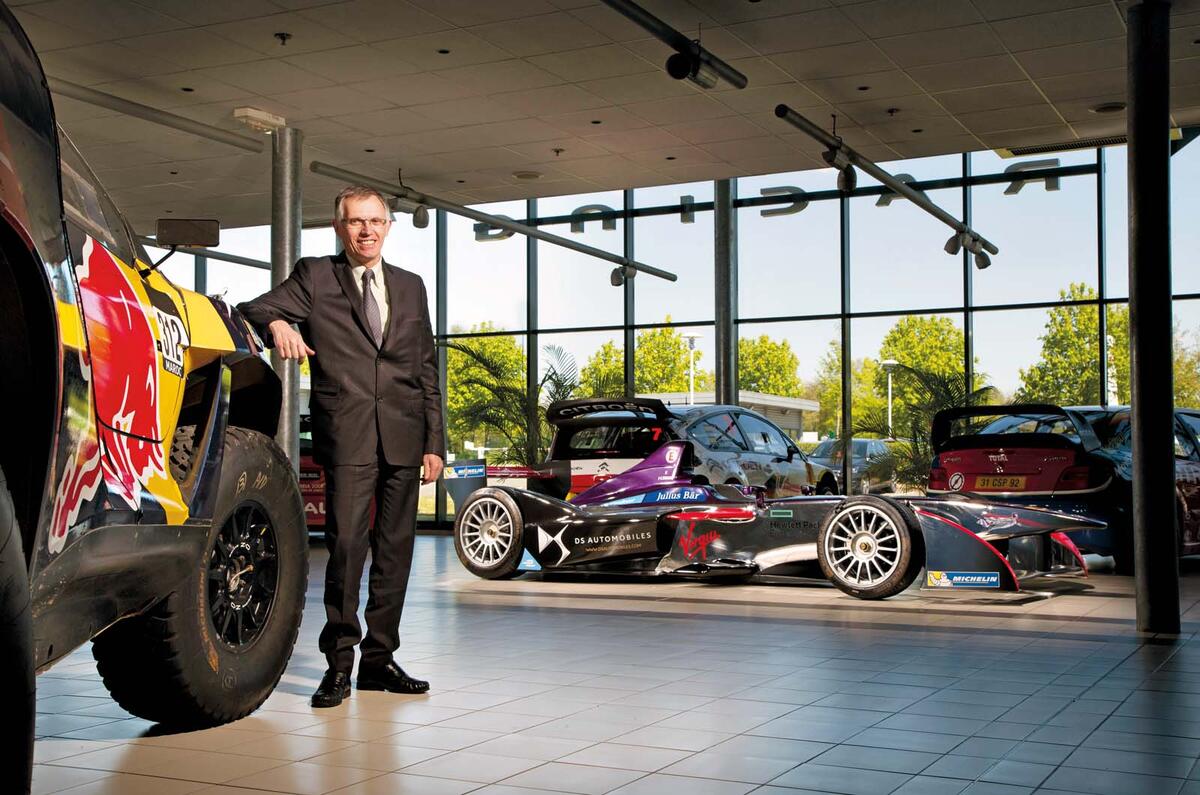
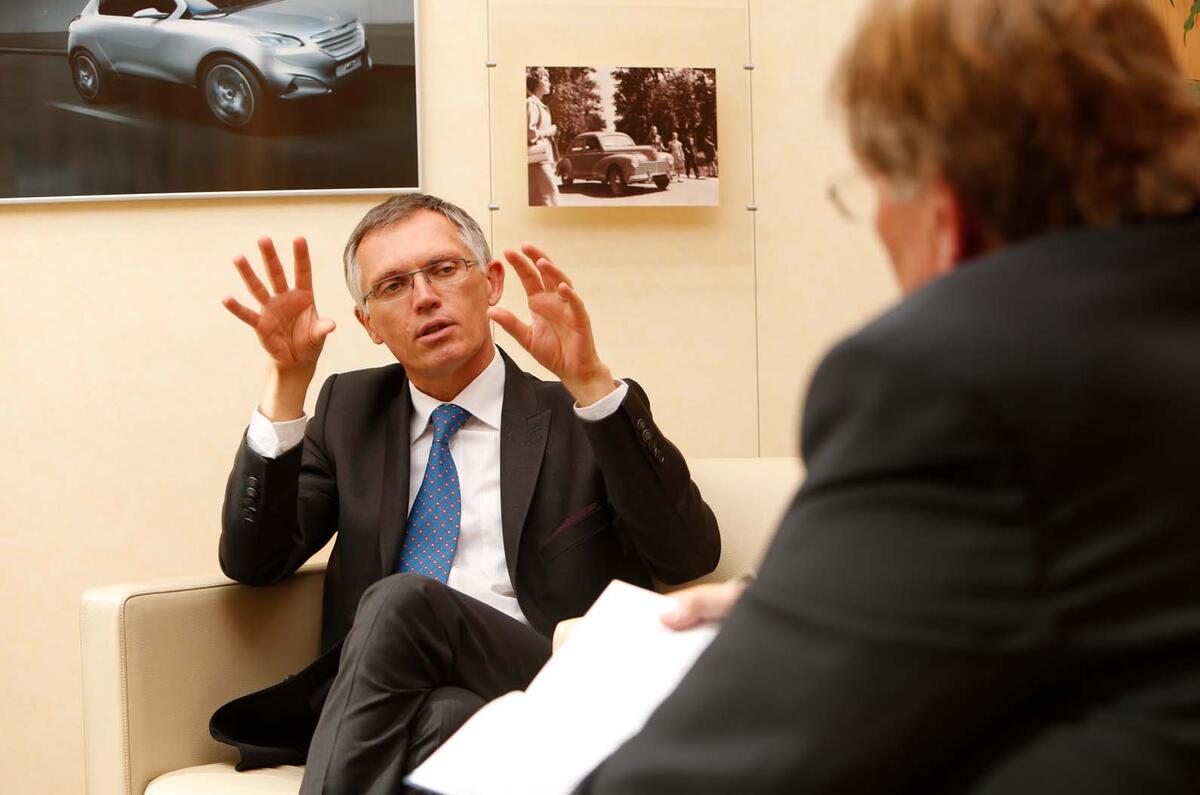
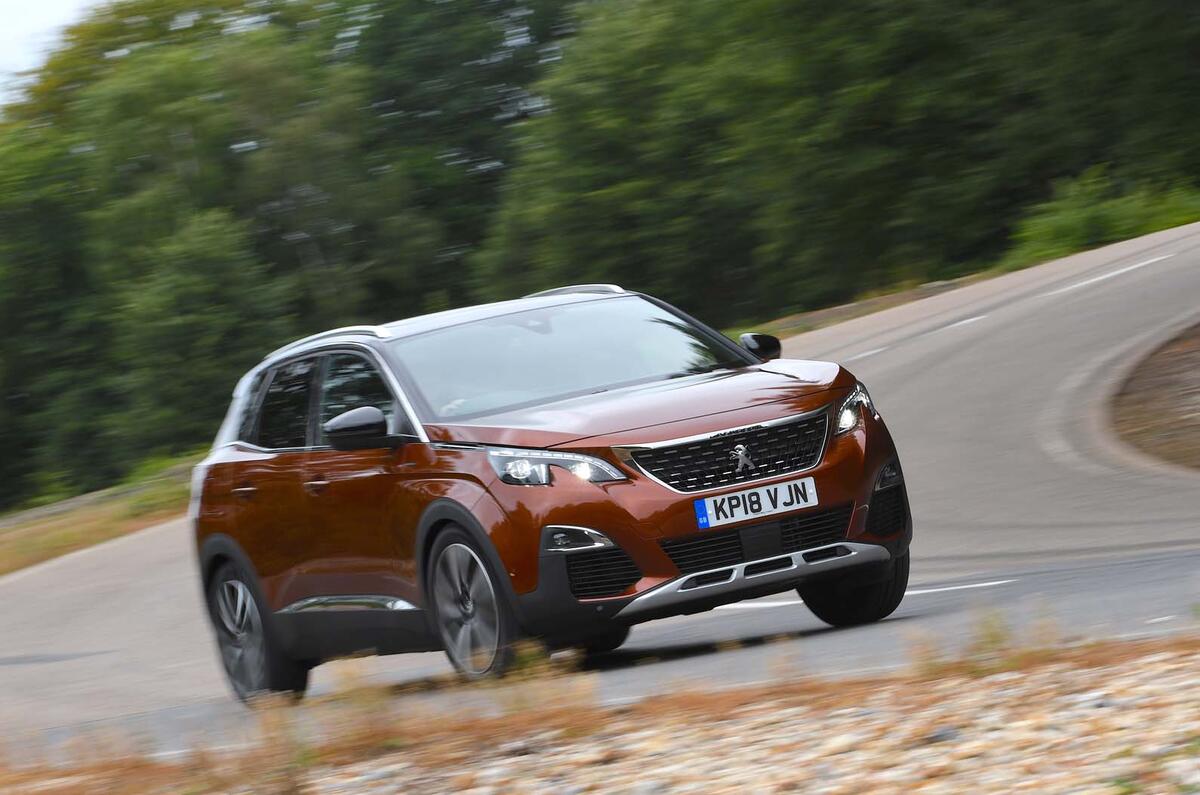
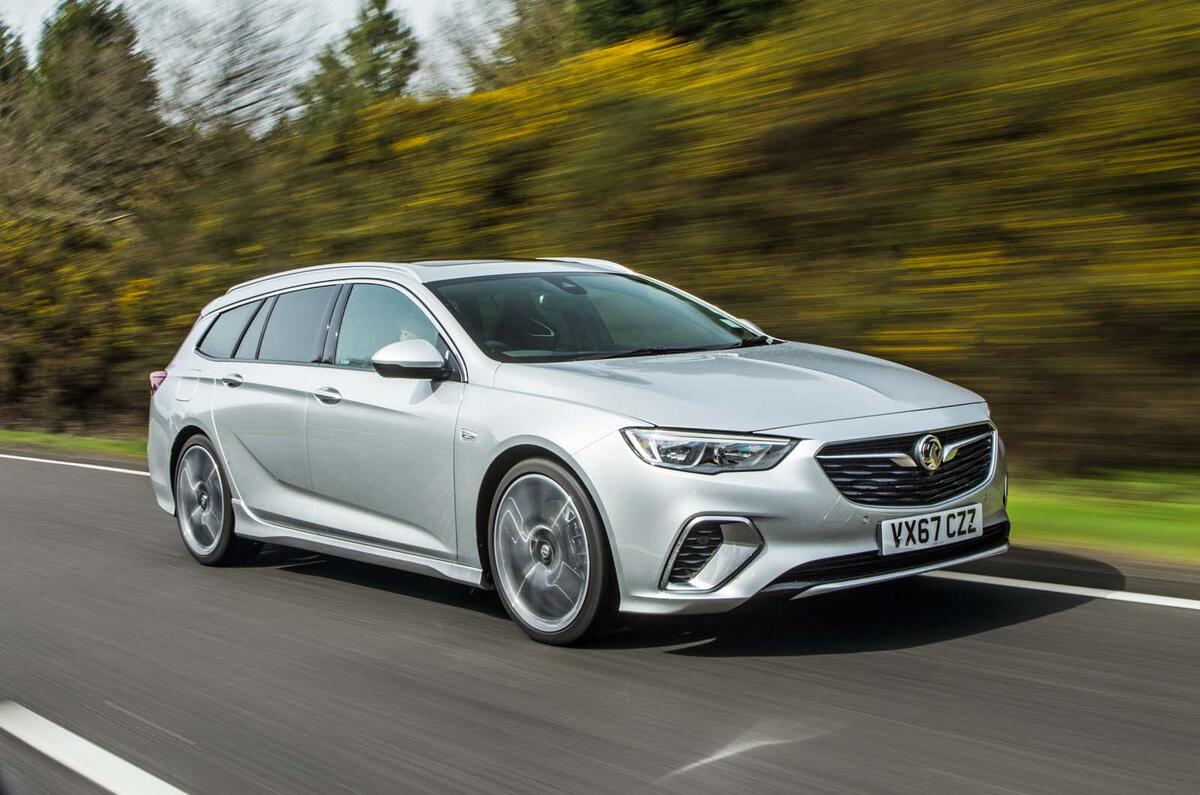
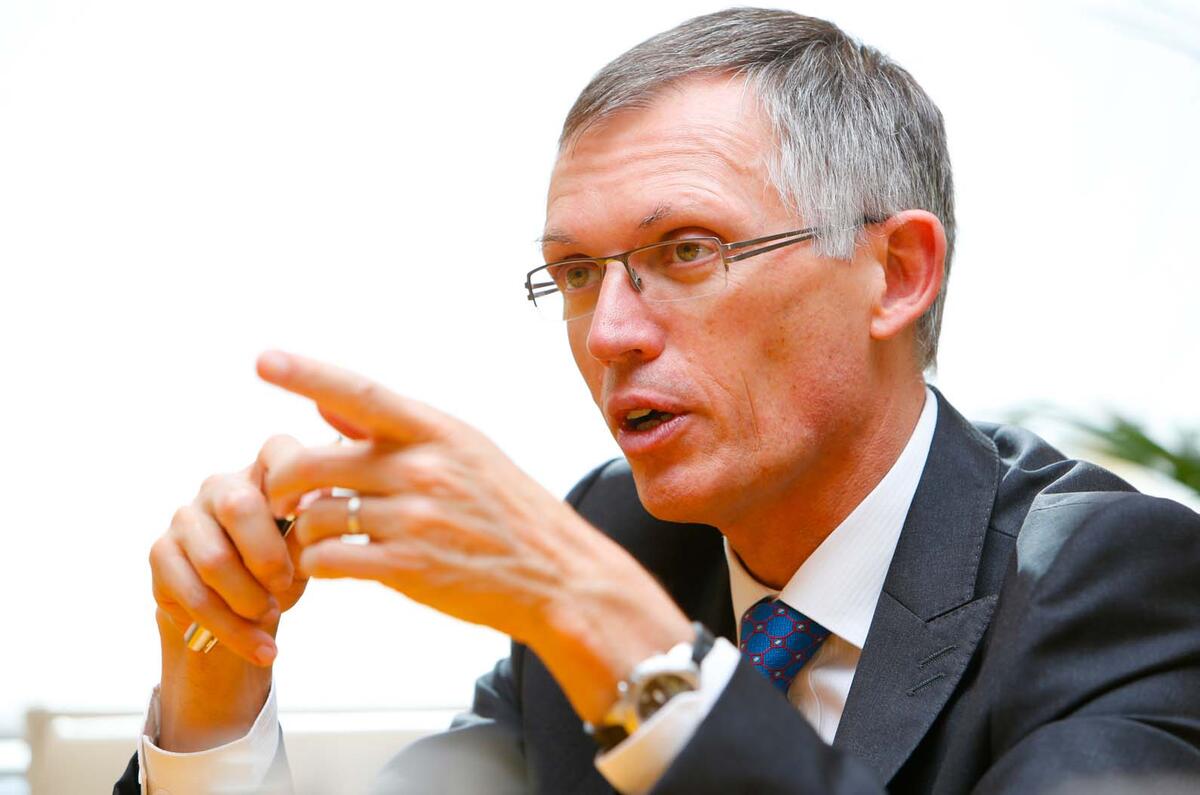
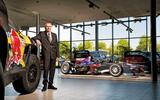


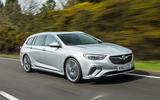


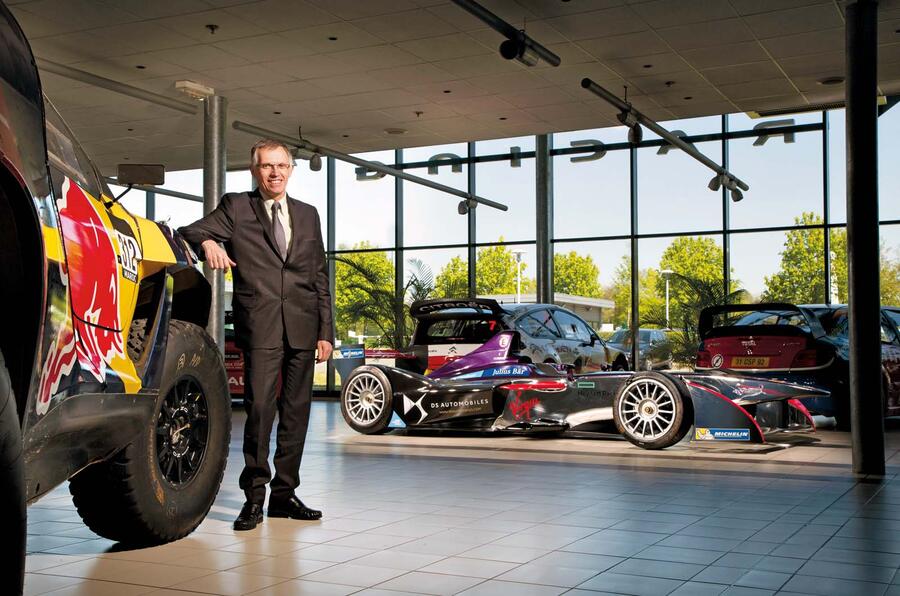

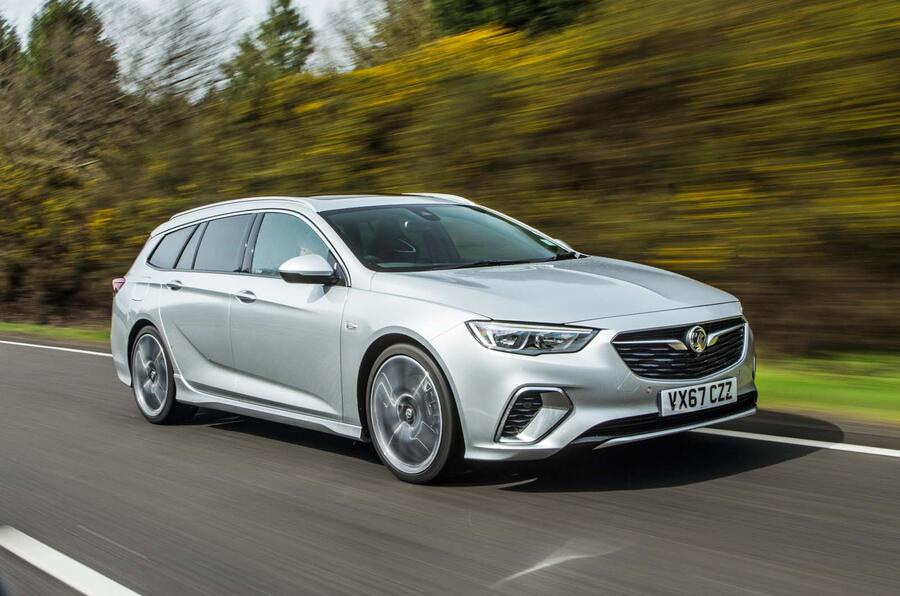

Join the debate
Add your comment
@fms
it's on wikipedia as "Ryton Plant". people think that because of this, psa are going to close everything vauxhall have in the uk and a whole bunch of other pessimism
@FMS
in a nutshell; peugoet had the prehistoric rootes group factory there after they took over chrysler uk (talbot), made a few cars there and then closed it
PSA 2015 - 2018: A Textbook Turnaround
Left Renault as soon as het found out Ghosn wasn't going to retire any time soon. Turned an ailing carmanufacturer into a cash generating outfit within 1 year. Currently 8,5% margin = equal to Audi. C3 vs Audi A8, surreal. Opel / VHX turned around in 9 months - incroyable.